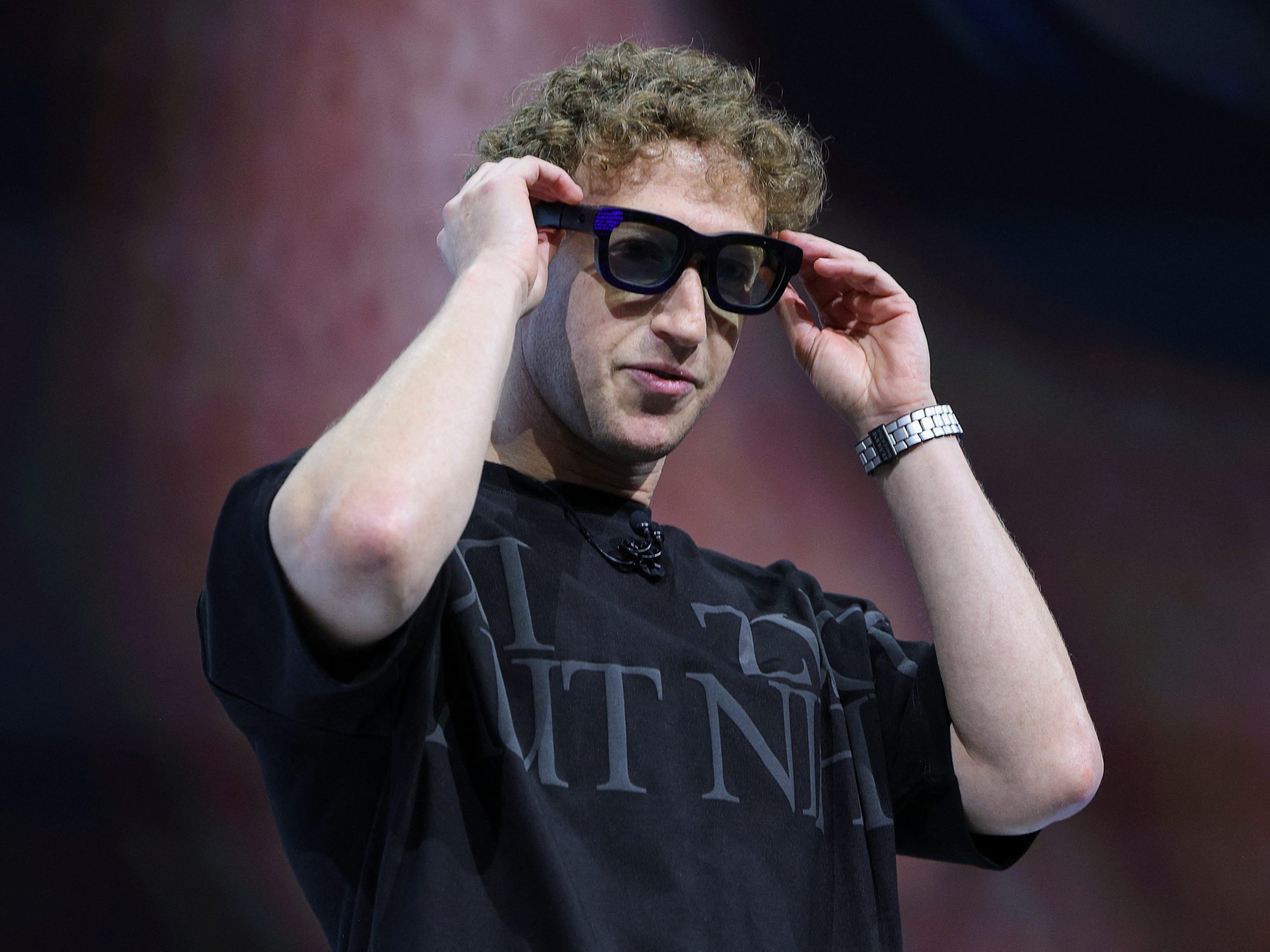In a bold assertion about the future of human interaction and productivity, Meta CEO Mark Zuckerberg has articulated a vision where the absence of artificial intelligence-powered glasses could render individuals at a significant cognitive disadvantage. This perspective underscores a profound belief in the transformative power of integrated AI, suggesting a paradigm shift in how people access information and interact with their digital and physical environments.
Zuckerberg’s statement paints a future where seamless AI innovation, delivered through wearable technology, becomes an indispensable tool for daily life. He posits that without such sophisticated AI assistance, individuals might struggle to keep pace with the enhanced capabilities of their peers, leading to a noticeable gap in cognitive efficiency and information processing. This highlights the ongoing tech evolution and its potential impact on human capabilities.
Meta, under Zuckerberg’s leadership, has been aggressively reorienting its strategic focus and substantial resources towards becoming a frontrunner in the artificial intelligence domain. This shift is not merely an incremental upgrade but a foundational commitment, signaling the company’s ambition to redefine digital experiences through advanced AI frameworks. The strategic investments are a clear indication of a long-term play in this rapidly expanding sector, aiming for cognitive enhancement.
Illustrating this deep commitment, Meta has poured billions into AI research and development, notably investing a staggering $15 billion into Scale AI. This significant financial backing is designed to bolster Meta’s AI capabilities and integrate cutting-edge solutions into its evolving ecosystem, including the ambitious Metaverse future that Zuckerberg often discusses.
Beyond financial investment, Meta has actively pursued and successfully onboarded top-tier talent from across the industry, reinforcing its position as a major player in the AI race. The successful acquisition of Scale AI’s CEO into Meta’s fold exemplifies this talent-centric strategy, bringing invaluable leadership and expertise directly into the company’s core AI initiatives.
The aggressive talent acquisition extends to rival companies, with Meta successfully luring at least four key employees from OpenAI, a leading entity in the artificial intelligence landscape. Among these notable recruits is an individual recognized as a co-creator of ChatGPT, underscoring Meta’s intent to capture pioneering minds behind some of the most influential AI models in recent history.
This concerted drive by Meta, spearheaded by Mark Zuckerberg’s vision, suggests a future where wearable artificial intelligence is not just a convenience but a fundamental aspect of human-computer interaction, enabling unparalleled access to information and processing power. The implications of such pervasive AI could reshape education, work, and social dynamics, making cognitive enhancement a widely accessible reality through technology.
Ultimately, Meta’s significant investments in artificial intelligence and its strategic recruitment of top AI talent reflect a clear trajectory towards an AI-centric future. Mark Zuckerberg’s vision anticipates a world where integrated AI becomes a crucial differentiator, positioning those with access to AI glasses at the forefront of a new era of human cognitive ability and tech evolution.






Leave a Reply